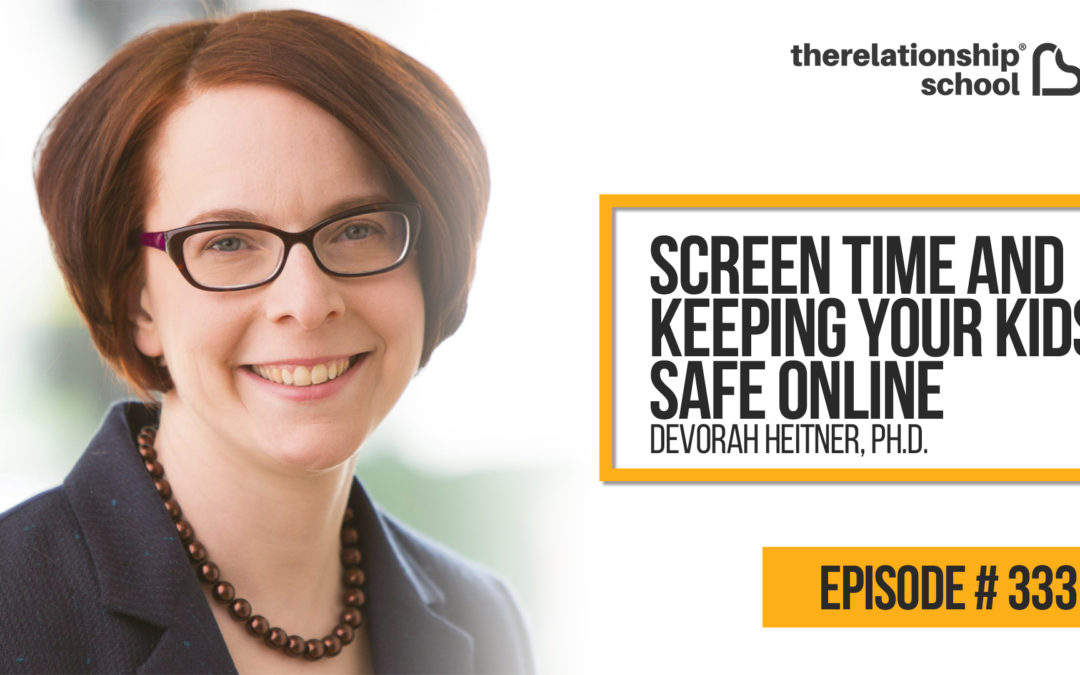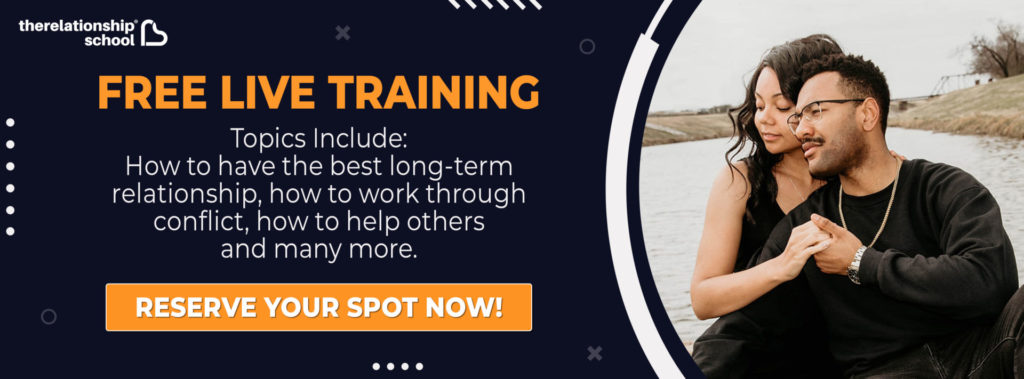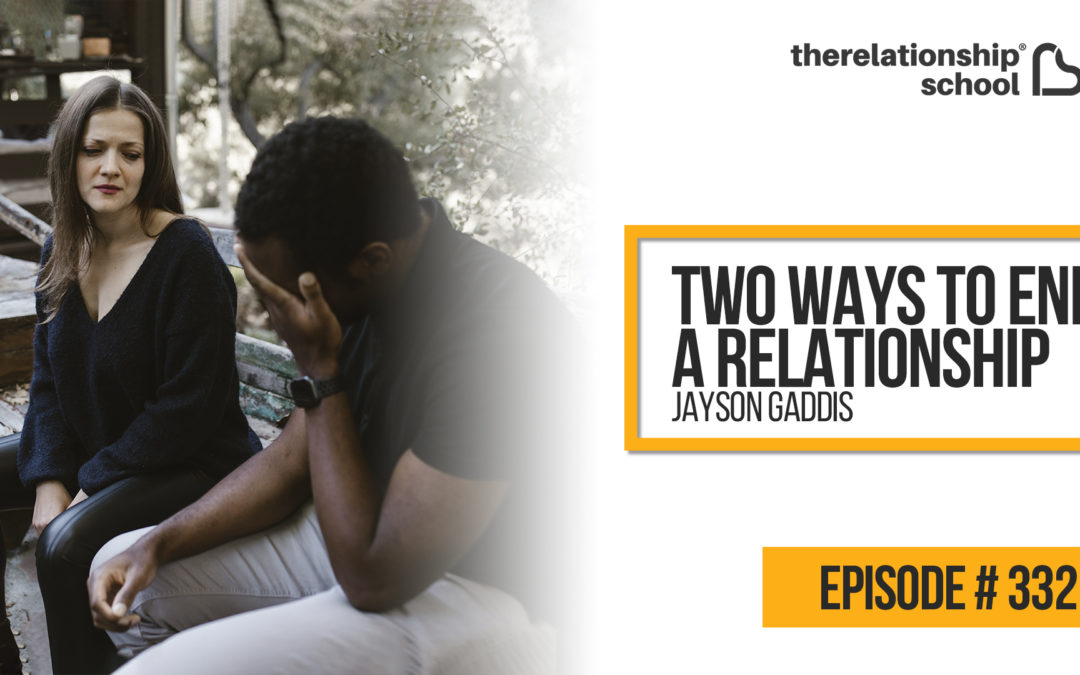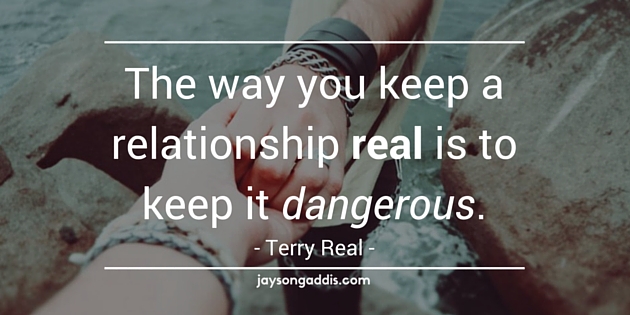Screen Time & Keeping Your Kids Safe Online – Devorah Heitner, Ph.D. – 333
How much screen time is safe for your kids? Further, how much should we monitor kids’ screen use, especially in a time when it’s necessary?
This week, I talk with Devorah Heitner of raisingdigitalnatives.com. Devorah is the author of Screenwise: Helping Kids Thrive (and Survive) in Their Digital World.
Each generation sees a rise in technology, and today’s kids—called “digital natives”—don’t understand what life would be like without it. For parents, this presents new challenges, especially considering the pandemic situation we’ve been in for a year now. How do we find that balance between letting kids be kids, getting our own work (plus their school) done, and keeping kids from becoming screen addicts?
Kids and Digital Privacy
The most important factor to consider in today’s Zoom world is privacy. While kids may not be aware of online privacy the same way adults are, they still understand it to a degree. For example, as Dr. Heitner notes, kids may forget that when they post something on Snapchat, it’s publicly available. While they may intend it for their friends, it’s out there for the world to see—and can potentially cause problems if they’re not careful.
Posting negative comments about a teacher, principal, or another student, for example, is something that kids may not think twice about. Yet they’ll feel “spied on” or “creeped out” if the teacher happens to see the post. It’s crucial to remind your kids that if they want something to stay private, send privately.
How Much Is Too Much?
Tech boundaries can be difficult to set, even for ourselves. All around us, we see even the smallest of children with a screen in front of them. So what’s the “ideal” age to give your child a phone and let them have constant tech access?
As Dr. Heitner mentions, it’s not just determined by the child’s age, but the child’s level of maturity and responsibility—and their reaction when asked to shut off the screen. If your child gets very reactive when told to turn it off, it may be time to start limiting screen use. You can also start slow and increase their access gradually.
It also comes down to entertainment versus boredom (and everything in between). If your child is using a screen to watch TV or play games nonstop, they won’t have much chance to get bored—and boredom is necessary to spark imagination. So allowing your child that opportunity to exercise their creativity will help their brain as well as their time and tech management.
Don’t Forget Real Face Time
While Zoom, Skype, and FaceTime are a decent workaround for lack of direct contact, it’s important to remember the differences and remind kids of those. In the digital context, it’s much easier to type out whatever comes to mind, even if you wouldn’t say it to the person’s face—and it’s also easier to misinterpret what you read. It’s a good idea to remind kids that some conversations are better face-to-face, and even video can’t always substitute for that.
For digital natives, it may be hard to distinguish what’s appropriate to type versus say, and it’s a good idea to model that behavior for your kids. Demonstrating healthy boundaries and not just telling them will give them something to follow while also helping you maintain your own.
Let Them Be Themselves
And above all, stay true to yourself and allow your kids to do the same. When kids start acting different because they’re spending more time online, it might mean that they feel restricted in real life and like they can’t be themselves. Give them the freedom and space to be themselves wherever they are, and encourage them to stay that way through a healthy balance.
To learn more about relationships, go to http://relationshipschool.com/training.
Shownotes:
- 0:00 Introduction to Devorah Heitner, Ph.D.
- 6:05 Problems with how young people use social media
- 19:20 Boredom and using devices to avoid dealing with some emotions
- 25:20 Screen time is not the only thing to worry about with your kids
- 33:50 Is there an appropriate age to give a kid a phone?
- 38:55 Useful resources on Devorah’s book
- 40:15 Sharing pictures or videos of your kids on social media
- 46:10 Action step
Useful Links:
- https://courses.raisingdigitalnatives.com/
- 1:1 Coaching for families
- Take the quiz: How Screenwise are you?
- https://relationshipschool.com/training



















